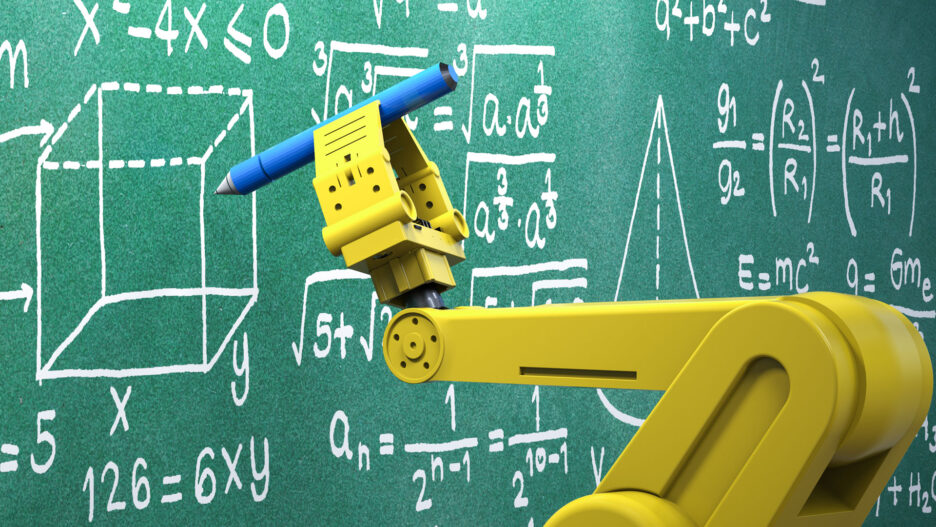For several decades, hardly any science, business, or manufacturing have gone without computers. Every day we use thousands of routine computer processes such as web search, speech and text recognition, and spam filtering, without suspecting that most of these capabilities we owe to such computer science subfield as Machine Learning (ML).
Machine Learning is considered one of the most progressive ways in the domain of the human-like Artificial Intelligence (AI). Engineers can implement ML techniques in many industries: automobiles, medicine, genetics, finances, bioinformatics, marketing, game playing, etc. Thanks to Machine Learning, we can get accurate results for data analysis in minutes to make better and quicker decisions.
One must have noticed that ad sections on websites and social media show you the goods and information targeted to your tastes. How do they know that a person wants a smartphone like this? The answer is: when you surf through websites, Machine Learning algorithms remember your selected preferences and then recommend the goods that may interest you.
Nowadays, the amounts of accumulated data are so big that ever-growing volumes of data make it possible to construct predictive models to automate processes for even not trivial decision making. The goal of the computer scientists of the new age is to teach machines how to find the “right answer” without being directly programmed where to look. The problem is that unlike programmed applications (that have clear instructions for actions to get some required results) Machine Learning algorithms can only build on statistics, input examples and previous experience, using large (if not infinite) set of possible models. Actually, Machine Learning algorithms should work the same way as a human brain when searching for an answer.
The Machine Learning is not a brand new idea in IT; however, it now gains increasing popularity among a growing generation of programmers. Developers that deal with Machine Learning can select among a variety of ready solutions for building ML models without the need to dive deep into studying algorithms and technologies. Among the best known MLaaS are AmazonML, Microsoft AzureML, BigML, Google Prediction API, and IBM Watson.
Machine Learning technologies are actively used in real-world projects now. Good examples of ML application are:
- Spelling correction in web search engines
- Recommendations for similar products
- Recommendations of relevant articles according to a user’s previous search
- Analysis of information from IoT devices
- Credit card fraud detection
- Real-time language translation (like in Skype that can translate in real-time a conversation from one language to another)
- Text and voice recognition, computer vision
- Email junk detection
- Speech recognition in smartphones and tablets (Siri, Cortana, Google Now)
The importance of Machine Learning for future science and engineering is evident. Understanding the clients’ needs and interests, being up-to-date with economic global trends, creating marketing campaigns more precisely are only several ideas about how ML can help future entrepreneurs. Self-driven cars that possibly will make our lives safer and eco-friendly also use ML algorithms. Using ML in medicine for more accurate and timely diagnostics, monitoring the effect of taking drugs, inventing new pharmaceuticals in shorter time periods – this is what the near future holds for us with ML.
And what if a computer could predict enemy movements in advance so that the government can prepare and increase security. Even now, when Machine Learning is only at the beginning of its development, there are already projects that use ML algorithms for avoiding different threats.





